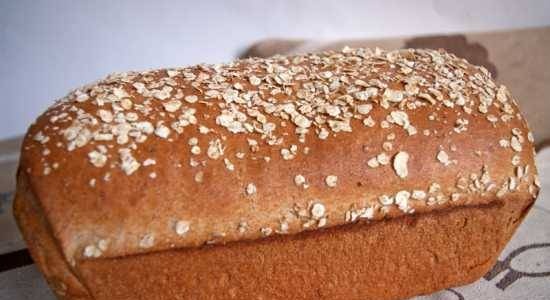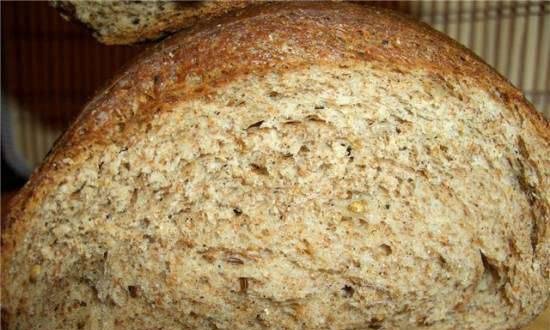Whole Grains for Type 2 Diabetes Prevention |
|
To improve health and prevent diabetes, add whole grains such as rye, oats, and wheat to your diet. A study published in The Journal of Nutrition found that whole grains can help prevent type 2 diabetes. Type 2 diabetes is a preventable disease, but it affects nearly 400 million people worldwide. Researchers from the Chalmers University of Technology in Sweden and the Research Center of the Danish Cancer Society have studied the relationship between consumption of whole grains and the risk of type 2 diabetes. For the study, the researchers used data from 55,465 participants between the ages of 50 and 65 who were enrolled in the nutrition, cancer and health group. On average, over 15 years of follow-up, 7417 of these participants developed type 2 diabetes.
Participants were grouped according to the amount of whole grains consumed. The participants with the highest intakes ate at least 50 grams of whole grains per day. This is the equivalent of a serving of oatmeal and one slice of rye bread. Those who ate the most whole grains had the lowest incidence of type 2 diabetes. The risk of diabetes was reduced by 34 percent for men and 22 percent for women. Those who ate the least amount of whole grains showed the opposite trend.
Unlike whole grains, refined grains are ground into premium flour. The refining process removes bran and bacteria, as well as fiber, iron and B vitamins such as thiamine, riboflavin, niacin and folate. Although these nutrients can be re-added to the grains, this will not be done in their natural form and the bread will still lose many of its nutrients. What else is whole grains good for?
Mironova A. (based on materials from harvard.edu and plos.org), Photo Admin Similar publications |
| What is more caloric - bread or loafs? | Practical advice on dough and baking from it |
|---|
New recipes
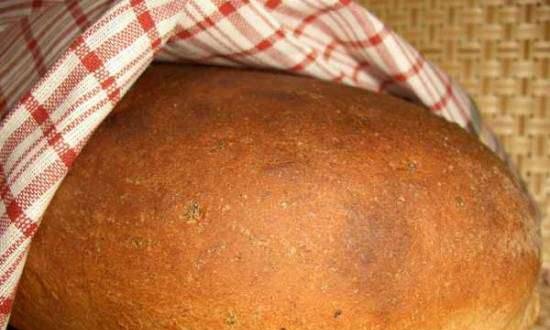
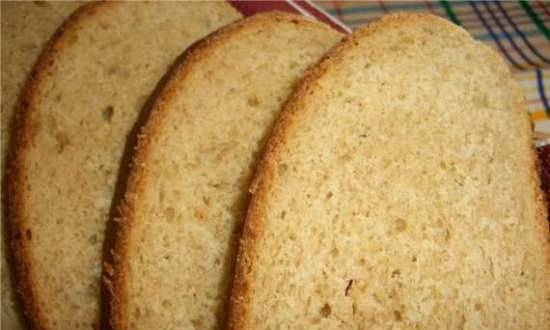 The study found that the type of whole grains the participants ate did not matter, as any whole grain or grain provides the same level of protection against type 2 diabetes.
The study found that the type of whole grains the participants ate did not matter, as any whole grain or grain provides the same level of protection against type 2 diabetes.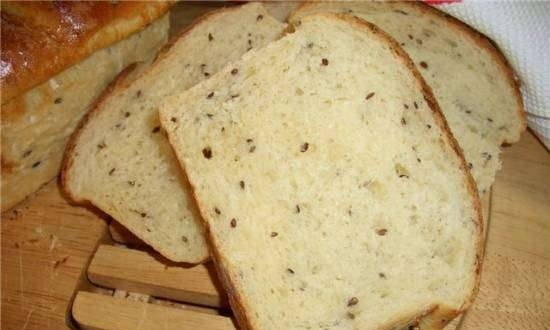 "Our results are in line with dietary guidelines that recommend replacing foods containing white flour with whole grains, said Rickard Landberg, professor in the Chalmers Department of Food and Health and Senior Research Fellow for Research. - "You get additional health benefits - white flour has some negative health effects, and whole grains have a number of positive effects beyond protecting against type 2 diabetes."
"Our results are in line with dietary guidelines that recommend replacing foods containing white flour with whole grains, said Rickard Landberg, professor in the Chalmers Department of Food and Health and Senior Research Fellow for Research. - "You get additional health benefits - white flour has some negative health effects, and whole grains have a number of positive effects beyond protecting against type 2 diabetes." Eating whole grains can also help reduce your risk of other chronic diseases. Dietary fiber from whole grains can help lower blood cholesterol levels, which in turn may lower your risk of heart disease. Consuming fiber will also help improve bowel function and prevent constipation. Whole grains can also help you lose or manage weight because it gives you a feeling of fullness with fewer calories. The B vitamins in whole grains help the body produce energy from proteins, fats, and carbohydrates, and iron helps transport oxygen to the blood. Whole grains are also rich in magnesium, a mineral used to build bones and release energy from muscles, and selenium, which is important for immune health.
Eating whole grains can also help reduce your risk of other chronic diseases. Dietary fiber from whole grains can help lower blood cholesterol levels, which in turn may lower your risk of heart disease. Consuming fiber will also help improve bowel function and prevent constipation. Whole grains can also help you lose or manage weight because it gives you a feeling of fullness with fewer calories. The B vitamins in whole grains help the body produce energy from proteins, fats, and carbohydrates, and iron helps transport oxygen to the blood. Whole grains are also rich in magnesium, a mineral used to build bones and release energy from muscles, and selenium, which is important for immune health.